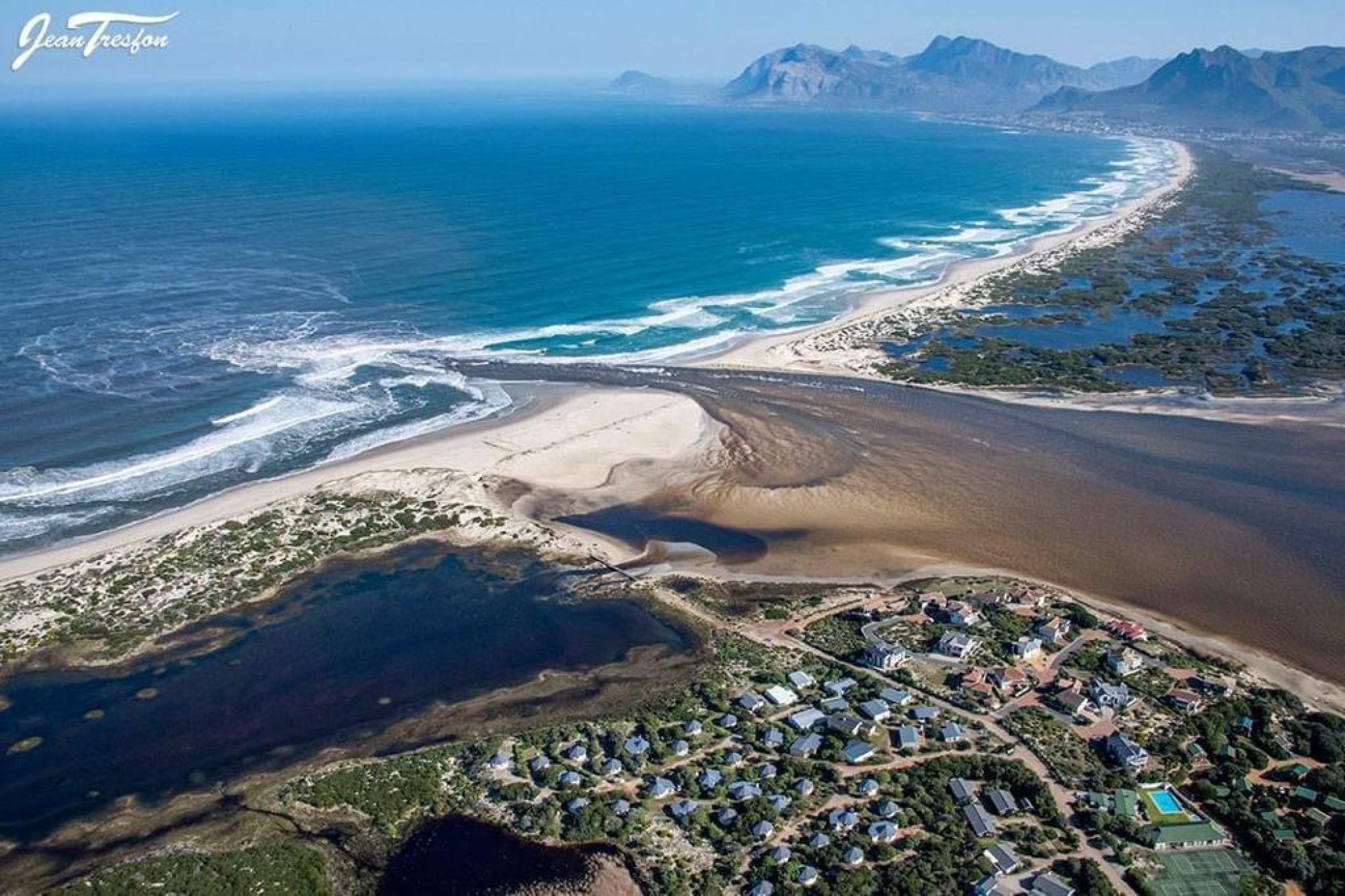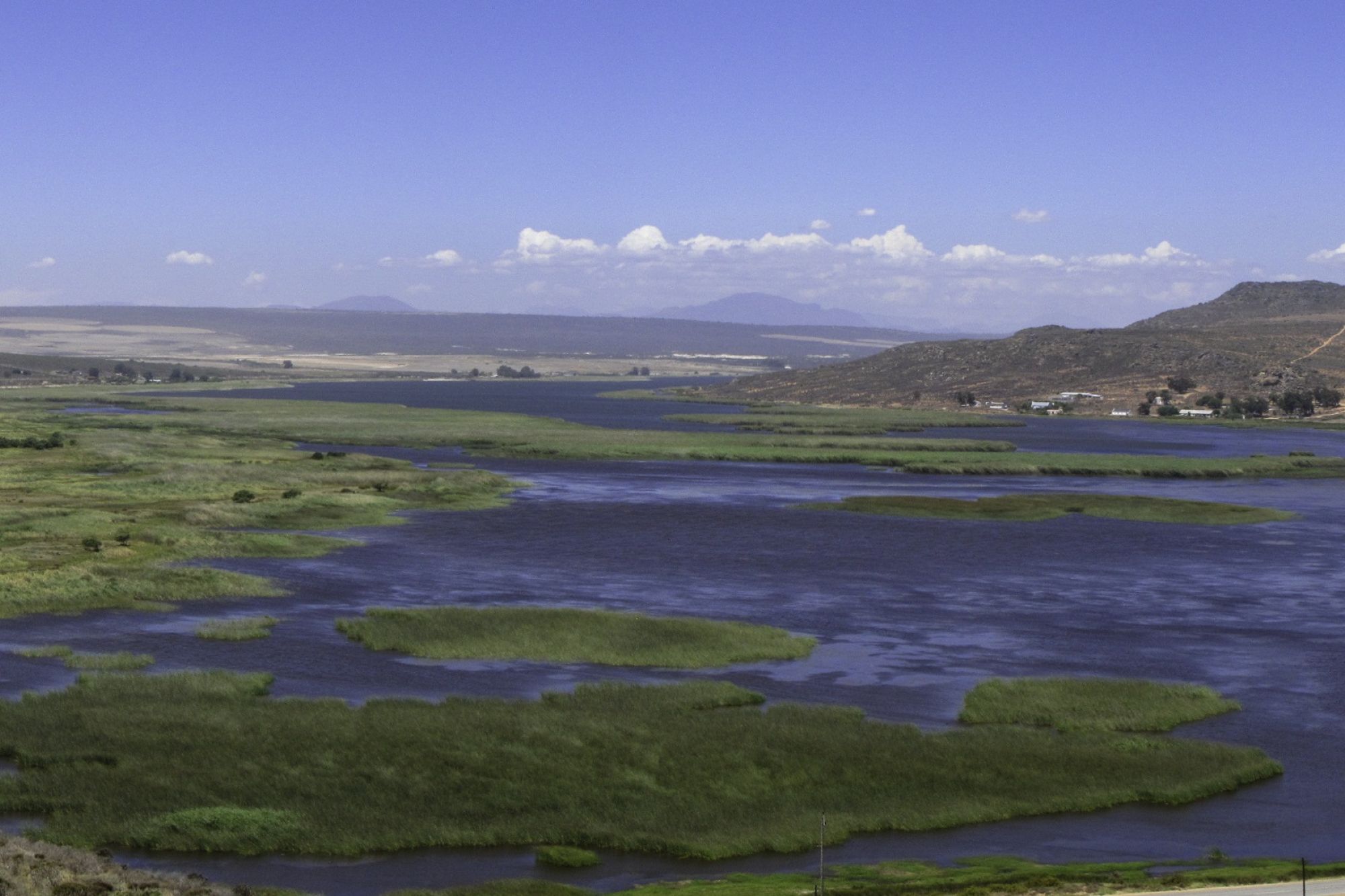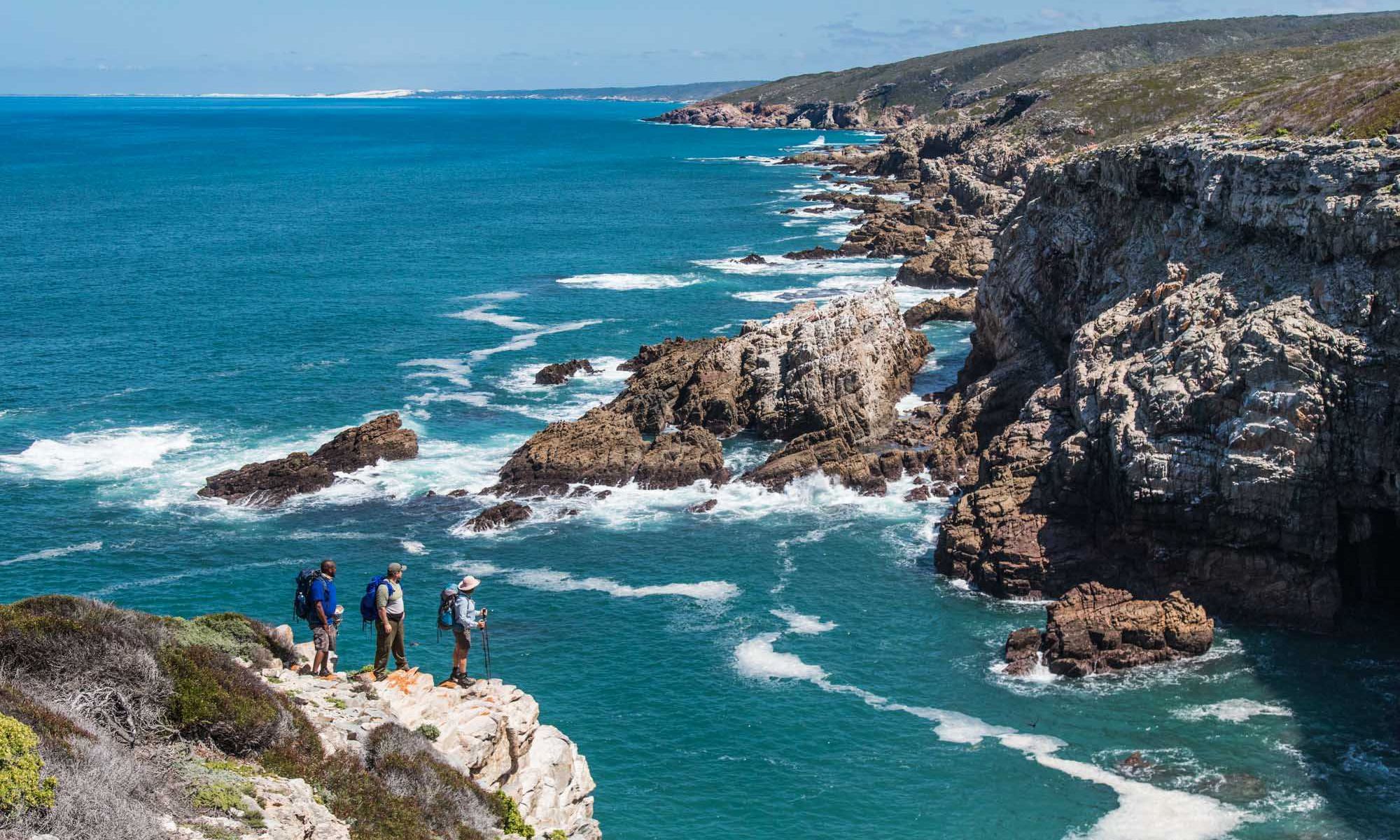
World Wetlands Day and Ramsar Sites
World Wetlands Day is celebrated annually on the 2nd of February and is an outcome of the Ramsar Convention which took place in the Iranian city of Ramsar in 1971. This intergovernmental treaty provides the framework for the conservation and wise use of wetlands and came into force in 1975. South Africa is one of 172 contracting parties to the convention and was one of the first member states to ratify the Convention.
World Wetlands Day is aimed at raising public awareness about wetlands and their value and provides an opportunity to challenge, discuss and share ideas in an open and safe platform with leaders, researchers, and politicians to support the uptake of an improved understanding of the ecosystem-based services provided by wetlands and the need to safeguard their ecological integrity. The celebration of World Wetlands Day is also an opportunity to encourage youth focus environmental education about wetlands and every year there are excellent learning support materials which can be found on the Ramsar website.
Wetlands are among South Africa’s most threatened ecosystems and provide essential ecological infrastructure. It is vital to take action towards the restoration of wetlands ecosystems and the theme for 2023 is Wetlands Restoration.
There are currently 28 Ramsar sites in South Africa with the most recent of these being the Berg Estuary on the West Coast of the Western Cape. The Western Cape hosts 10 Ramsar sites and CapeNature partners in managing seven of these: Verlorenvlei, Berg, Bot-Kleinmond, De Mond, De Hoop vlei, Dassen, Dyer and Geyser Islands (with Dyer and Geyser islands being managed as one site). The other Ramsar sites in the province are at Langebaan, Wilderness Lakes and False Bay Nature Reserve.
The Berg Estuary received Ramsar status a year ago and is an important coastal wetland in South Africa with fresh water flowing from the river and its floodplain mixing with marine water providing important habitat for water birds and fish. It is also a well-used recreational area and supports numerous commercial activities.

The Bot- Kleinmond River estuary, showing the wetland water body which is a depressional system behind the dunes. Photo by Jean Trefson
The Bot-Kleinmond Estuarine System is in the coastal Southern African temperate area, within the Overberg West. This is also one of the most important wetland sites as it serves as a nursery for a number of fish species and houses a large community of waterbirds during dry summer months. Some impacts in the area include recreational fishing and boating, with the most significant impact being invasive alien species.
The Berg Estuary System Ramsar site, along the West Coast of the Western Cape. Photo by Jean Trefson

Verlorenvlei, a Ramsar site on the West Coast of the Western Cape, image taken in 2015. The vlei is currently mostly dry in the upper and lower reaches, at this time of the year. Photo by Kevin Shaw
Related News
How can I assist you today?
How can I assist you today?



